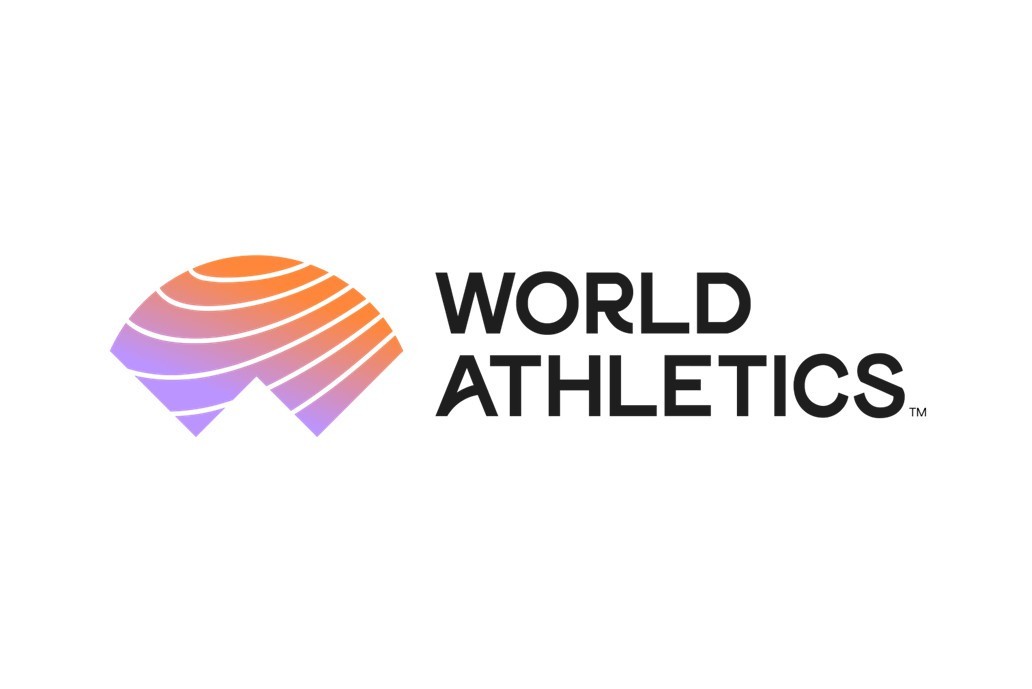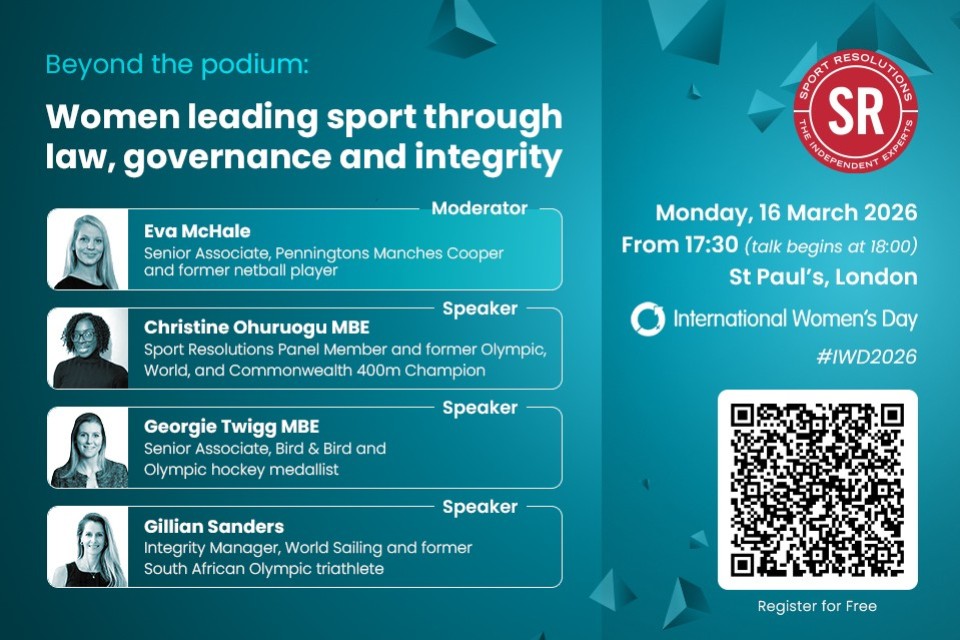Fri, March 24, 2023
World Athletics bans transgender women from competing in the female category

World Athletics Council agreed to update the eligibility regulations for transgender and DSD athletes to compete in the female category.
The governing body's president, Lord Coe, said no transgender athlete who had gone through male puberty would be permitted to compete in female world ranking competitions from 31 March.
In a statement World Athletics stated that they conducted a consultation period with various stakeholders in the first two months of this year, including Member Federations, the Global Athletics Coaches Academy and Athletes’ Commission, the IOC as well as representative transgender and human rights groups.
Lord Coe added the decision was "guided by the overarching principle which is to protect the female category". He noted that there are currently no transgender athletes competing internationally in the sport.
"Decisions are always difficult when they involve conflicting needs and rights between different groups, but we continue to take the view that we must maintain fairness for female athletes above all other considerations," said Lord Coe.
However Coe also stressed that he would set up a working group that would consult with transgender athletes and review any fresh research that emerged. “We’re not saying no forever,” he said.
"We will be guided in this by the science around physical performance and male advantage which will inevitably develop over the coming years. As more evidence becomes available, we will review our position, but we believe the integrity of the female category in athletics is paramount."
For DSD athletes, the new regulations will require any relevant athletes to reduce their testosterone levels below a limit of 2.5 nmol/L for a minimum of 24 months to compete internationally in the female category in any event, not just the events that were restricted (400m to one mile) under the previous regulations.
The principle of restricted events has been removed from the regulations.
Interim provisions will be introduced for those relevant athletes who are already competing in what were the unrestricted events (distances below 400m and above one mile, plus field events). These provisions include a requirement to suppress their testosterone levels below 2.5nmol/L for a minimum of six months, before they are eligible to compete again.
The six months period is consistent with the previous regulations, which required six months of testosterone suppression (below 5nmol/L) for DSD athletes to compete in the restricted events. The interim provisions do not apply to the previously restricted events (400m to one mile) where two years of testosterone suppression will be required before the relevant athlete is eligible to compete.



